The late 1800s was a fascinating time in the U.S. – the time before this country knew who or what it could be, a time when technology and invention were boiling, women’s rights were tiptoeing, the civil war had been fought and won for equal rights. The Chicago World’s Fair as presented in The Devil in the White City and all the little facts the author included were fascinating. I appreciate the research and how it was presented as a story. So many people who influenced the world participated in, attended, or were somehow involved with the World’s Fair – Helen Keller, Thomas Edison, Susan B. Anthony, Annie Oakley, etc. etc. etc.
But whose story is recorded to be researched? This book also depicts another side of history, the side that was never recorded, the painfully blank, untold history of women, children, the poor, and the BIPOC. For all of the research the author scoured through, there is so much more that never existed, was never written, that will never be in books except in the blank spaces and unknowns. Because of the thriving white male wealth at this time, so many were left vulnerable and exposed.
Contrastingly, John Root, an architect, dies unexpectedly as recorded in the novel. We know this because there are newspaper articles, letters, a funeral, a connected widow, a powerful business partner – written documents last to commemorate his death (and life) for Erik Larson to sift through over 100 years later. But how many nameless women, poor, indigenous people, and children were murdered without a record, without a trace? We don’t know. Erik Larson was able to include some names of the serial killer’s victims but most – because of their station – are left unknown, untold. These people, even the workers who died building the world’s fair, are numbers if they are remembered at all.
It made me sick reading about Holmes who took advantage of this wounded culture – he was able to tell his story and have people say his name while he silenced the stories and stole the names of so many without wealth or station or power. It terrified and shook my strong belief in human value and goodness, my belief in the divine, and in the redemption of the human soul.


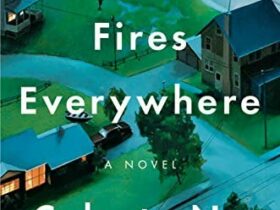
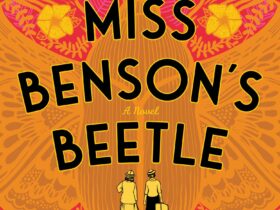
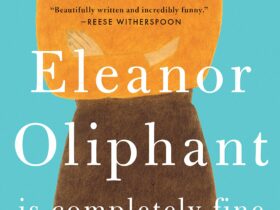
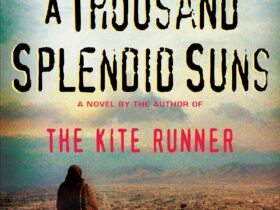
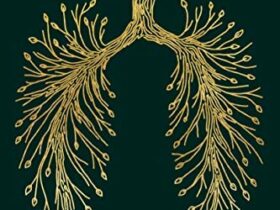
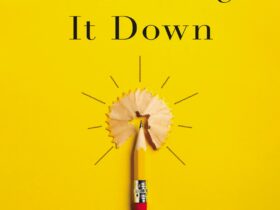
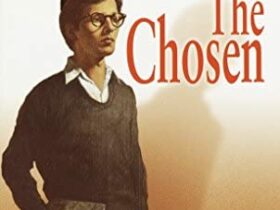
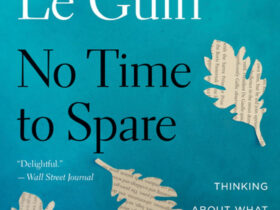
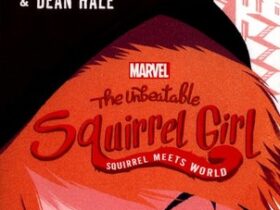
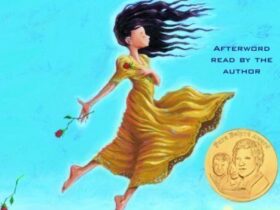
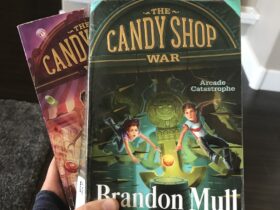
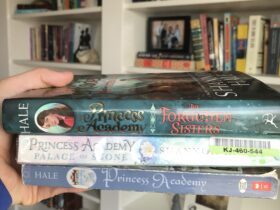
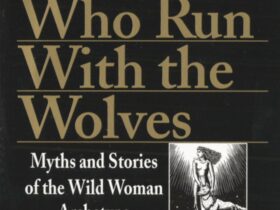



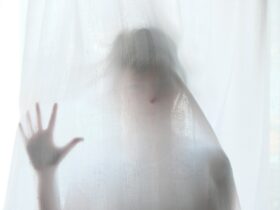
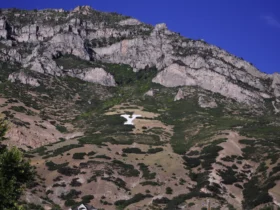
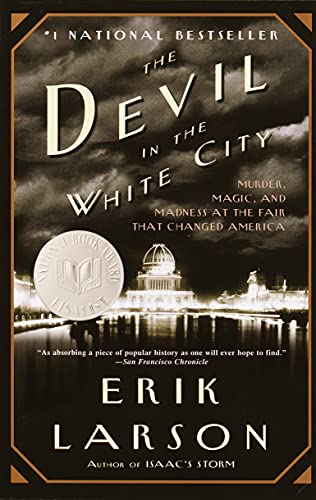
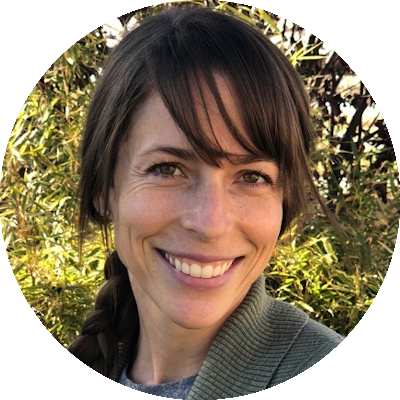
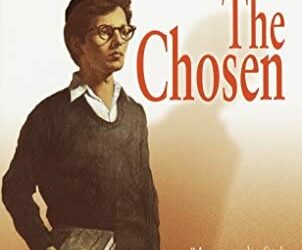
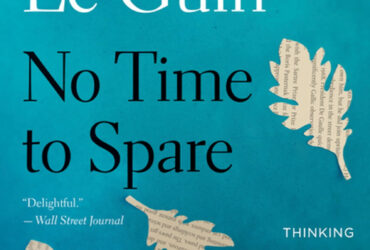
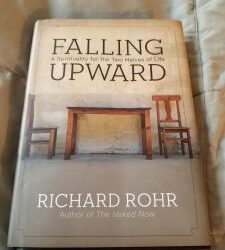
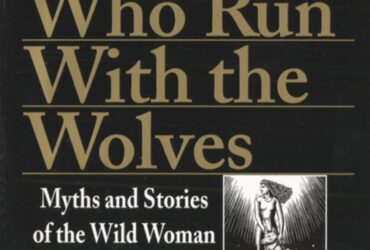
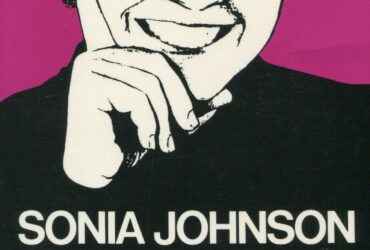
Leave a Reply